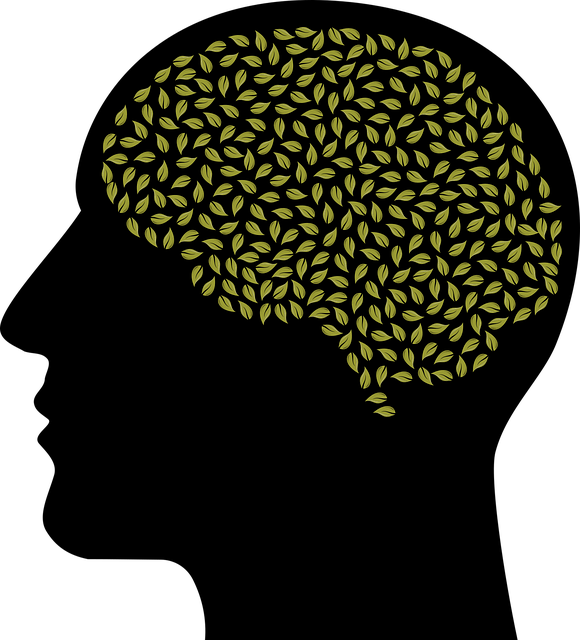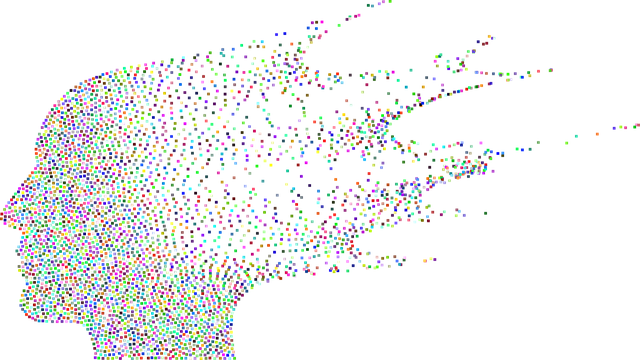Golden Drug Abuse-Substance Abuse Therapy is a comprehensive approach to tackling the multifaceted issue of drug abuse, addressing immediate dangers like addiction and overdose, as well as long-term impacts on health, relationships, and wellbeing. This holistic strategy includes therapeutic techniques such as Cognitive Behavioral Therapy (CBT), integrated medical care, support groups, lifestyle changes, and emotional regulation training. By targeting underlying causes and providing tailored coping mechanisms, this method aids in overcoming addiction and maintaining recovery, while cultural sensitivity ensures personalized, effective care for diverse backgrounds.
Substance abuse poses significant risks, impacting individuals’ physical and mental health, relationships, and overall well-being. Understanding substance abuse and its various forms is the first step towards mitigating these dangers. This article explores a comprehensive set of strategies for risk reduction, encompassing therapeutic approaches, lifestyle modifications, and long-term solutions. By combining evidence-based Substance Abuse Therapy with supportive networks, individuals can effectively navigate their path to recovery and build a healthier future.
- Understanding Substance Abuse and Its Risks
- Therapeutic Approaches for Effective Treatment
- Lifestyle Changes and Support Systems
- Long-term Strategies for Risk Mitigation
Understanding Substance Abuse and Its Risks

Substance abuse, or Golden Drug Abuse, as it’s sometimes referred to, is a complex issue that involves the harmful use of substances like drugs and alcohol. It can lead to severe physical, mental, and social consequences, impacting every aspect of an individual’s life. Understanding these risks is paramount in developing effective prevention strategies. This includes recognizing not just the immediate dangers, such as addiction and overdose, but also long-term effects on health, relationships, and overall well-being.
The challenges posed by substance abuse extend beyond the user, affecting families, communities, and society at large. Stress reduction methods, like mindfulness and therapy, are crucial tools in addressing this issue. Substance Abuse Therapy offers a safe space for individuals to explore the underlying causes of their drug or alcohol use, often stemming from stress management issues or unmet emotional needs. Additionally, empathy building strategies within these therapeutic settings can foster understanding and support, encouraging those struggling with substance abuse to seek help and embark on a path towards recovery.
Therapeutic Approaches for Effective Treatment

Substance abuse therapy is a cornerstone of effective treatment for Golden Drug Abuse. Therapeutic approaches such as Cognitive Behavioral Therapy (CBT) help individuals identify and change negative thinking patterns and behaviors associated with drug use. By addressing underlying mental health issues, CBT empowers patients to develop healthier coping strategies and make lasting behavior changes. Additionally, integrated therapies that combine medical care with counseling, support groups, and family involvement have proven highly effective in managing substance abuse.
Beyond traditional therapy, practices like mood management techniques, crisis intervention guidance, and mental wellness journaling exercises play a crucial role in risk reduction. Mood management helps individuals regulate their emotions, preventing triggers that could lead to drug use. Crisis intervention guidance equips people with strategies to handle intense cravings or emotional turmoil without resorting to substances. Mental wellness journaling encourages self-reflection, promoting awareness of personal struggles and successes in staying sober. Together, these therapeutic approaches create a holistic framework for managing substance abuse and fostering lasting recovery.
Lifestyle Changes and Support Systems

Making lifestyle changes and building a robust support system are key strategies in the battle against substance abuse. This involves adopting healthier habits such as regular exercise, balanced nutrition, and sufficient sleep. These foundational adjustments can significantly reduce cravings and improve overall well-being, acting as a strong defense against relapse.
Incorporating social skills training and emotional regulation techniques within this framework is invaluable. Social support from family, friends, or support groups provides a safety net during challenging times. Meanwhile, learning effective communication and coping mechanisms can help individuals manage stress and emotions without turning to substances. This holistic approach, combining lifestyle modifications with robust support networks, forms a powerful tool in substance abuse therapy, often referred to as Golden Drug Abuse-Substance Abuse Therapy, and is essential in the Risk Management Planning for Mental Health Professionals when addressing these complex issues.
Long-term Strategies for Risk Mitigation

Long-term strategies for mitigating substance abuse risks require a multifaceted approach that goes beyond immediate intervention. Substance abuse therapy plays a pivotal role in this regard, offering individuals tailored programs to address underlying causes and develop coping mechanisms. Proven therapeutic methods, such as cognitive-behavioral therapy (CBT), have shown effectiveness in guiding patients toward healthier lifestyles. These therapies not only help individuals overcome addiction but also equip them with skills to navigate triggers and maintain long-term recovery.
In conjunction with therapy, fostering cultural sensitivity within mental healthcare practice is essential. Recognizing and respecting diverse cultural backgrounds and beliefs can significantly enhance treatment outcomes. Self-awareness exercises and crisis intervention guidance are integral components of this sensitivity, ensuring that care is personalized and effective for each patient’s unique context. By integrating these strategies, the broader goal of reducing substance abuse risks over the long term becomes more attainable.
Addressing substance abuse requires a multifaceted approach, encompassing understanding, therapy, lifestyle adjustments, and long-term strategies. By integrating these components, individuals can effectively manage and reduce risks associated with Golden Drug Abuse. Therapeutic approaches, such as Substance Abuse Therapy, play a pivotal role in healing and recovery. Moreover, fostering strong support systems and adopting healthier lifestyles are essential for sustained wellness. Ultimately, combining these methods empowers individuals to lead fulfilling lives free from the constraints of substance abuse.













